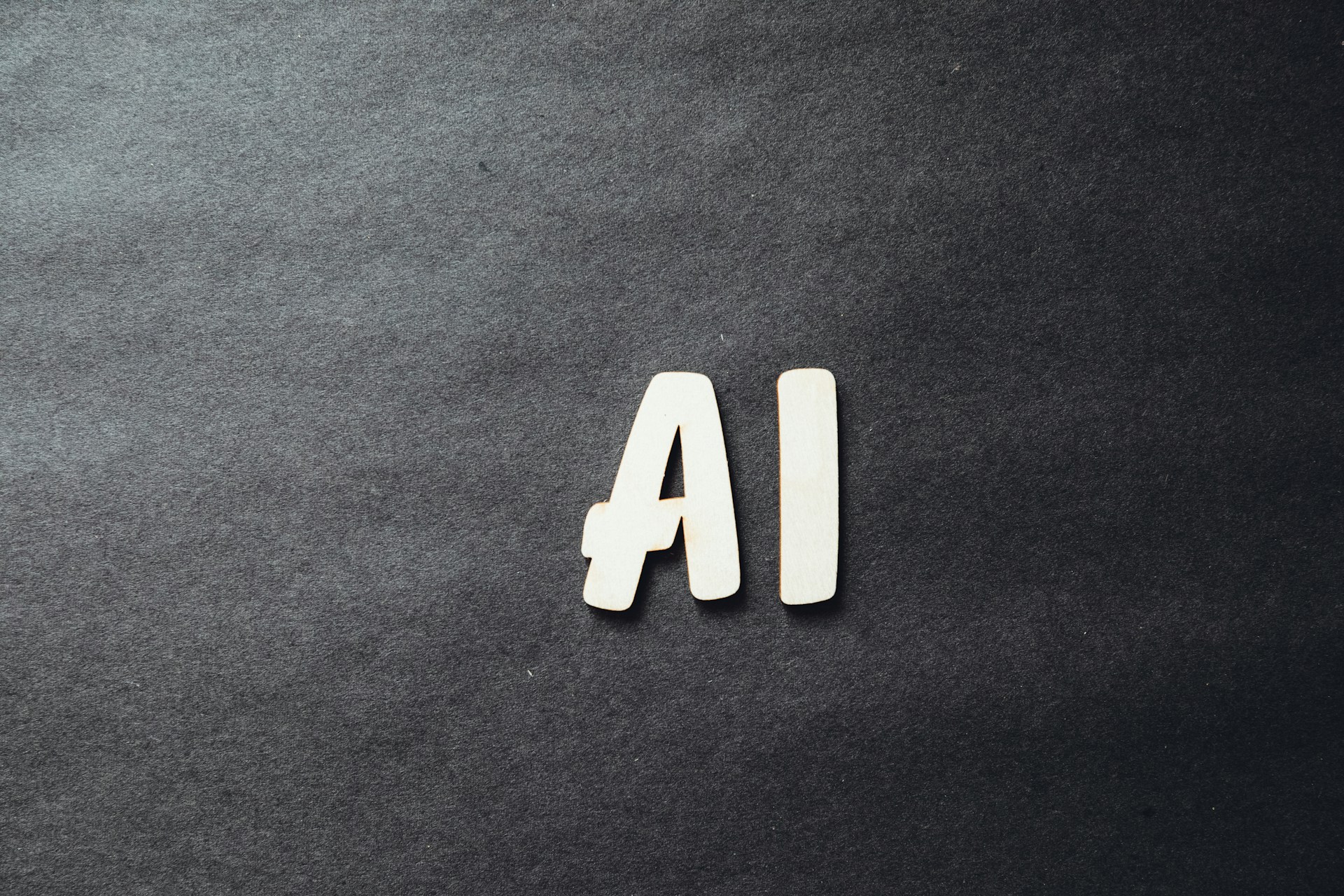The AI paradox has had tech circles talking for years, whether for its potential benefits or perceived dangers. Praised by numerous tech luminaries as pivotal for human progress, artificial intelligence is also vilified as a menace to social stability, if not an existential threat as deadly as nuclear weapons. A year ago, a coalition of field experts and tech professionals issued a public plea urging caution in AI development.
Yet, there are many sides to the AI conversation. While many AI doomsday scenarios are far off the mark, the safety concerns surrounding AI are as undeniable as they are becoming tangible. So, let’s step back on the AI conversation and delve into an issue becoming ever-so-critical by the day.
A technology marred by controversy
Every other day comes with another public AI scandal. Calls for more stringent AI regulations from policymakers ahead of fears of disruption in the voting process, harassment accusations laid against AI robots, and artists expressing apprehension about job displacement caused by the technology are just a few examples of the myriad AI controversies regularly making headlines. Scandals involving tech giants have only exacerbated public distrust.
The intense scrutiny surrounding Sam Altman’s dismissal and subsequent reinstatement as OpenAI CEO raised widespread concerns regarding AI safety. Google’s AI image generator faced a yet more resounding PR crisis over accusations of misinformation and racial revision of history, forcing its own CEO Sundar Pichai to step up and quench the fire. Despite his effort, the backlash ultimately resulted in the temporary suspension of Google Gemini.
An AI villain in the making
Last year, the long-running Hollywood strike shed a crude light on the risks attached to AI in the entertainment sphere. Hollywood actors and screenwriters found the picture-perfect villain in AI, and not entirely without reason. Already, generative AI poses significant creative and ethical risks. Many are concerned that the industry may soon replace human talent.
A survey conducted among directors, production assistants, and actors also found that most respondents were apprehensive about AI sparking misleading voice clones and digital doubles of celebrities. AI resurrecting dead actors is only one questionable aspect of that moral quandary, as increasingly photorealistic tools like OpenAI’s Sora could soon render deepfakes nearly indistinguishable from their real-life counterparts – all without the consent of said counterparts.
Ethics in AI development: an issue keenly felt by tech giants
The ethical considerations involving generative AI haven’t evaded the attention of tech pioneers like Sam Altman. OpenAI’s CEO assembled a team to assess the risks associated with his revolutionary text-to-video tool before making it available to the public. Days after being sued by Elon Musk for putting profit ahead of the greater good, the San Francisco-based startup also signed an open letter advocating collective responsibility in mitigating the risks posed by artificial intelligence.
Earlier this year, prominent tech companies vowed action on deceptive AI. Signed by industry giants like Microsoft, Amazon, and TikTok, the agreement was specifically geared towards combating the spread of voter-deceiving content and deepfakes by deploying technology to counter such misleading material.
What about the practical benefits of AI?
Putting all controversies aside, artificial intelligence has been building a strong case for itself in various sectors. In healthcare, AI solutions are facilitating the automation of administrative tasks, enabling medical professionals to allocate more time to patient care. Additionally, deep-learning algorithms are implemented for cancer screening. Meanwhile, wildlife conservationists have been deploying unmanned AI drones to spot poachers more efficiently and collect invaluable data to protect endangered species.
The technology can also build a safer environment online, which is why major players in the iGaming industry have embraced AI to beef up their cybersecurity measures. On a less dire note, many online platforms utilise AI to provide personalised experiences by analysing players’ preferences and behaviours. For instance, users with a knack for machine slots might be offered free spins no deposit bonuses. Such rewards are often granted to newcomers as part of a sign-up offer. Free spins give them extra chances at playing slots without needing to deposit any money in their account. Thus, newly registered users can browse a platform’s lobby risk-free.
AI: a mixed blessing
As it stands, AI is both a curse and a blessing. Legitimate concerns arise about the threats it poses regarding privacy, national security, and social manipulation. Provided safeguards are in place, however, AI solutions can also represent a powerful source of economic growth while unlocking opportunities for social good.
Feature image by Markus Spiske on Unsplash










